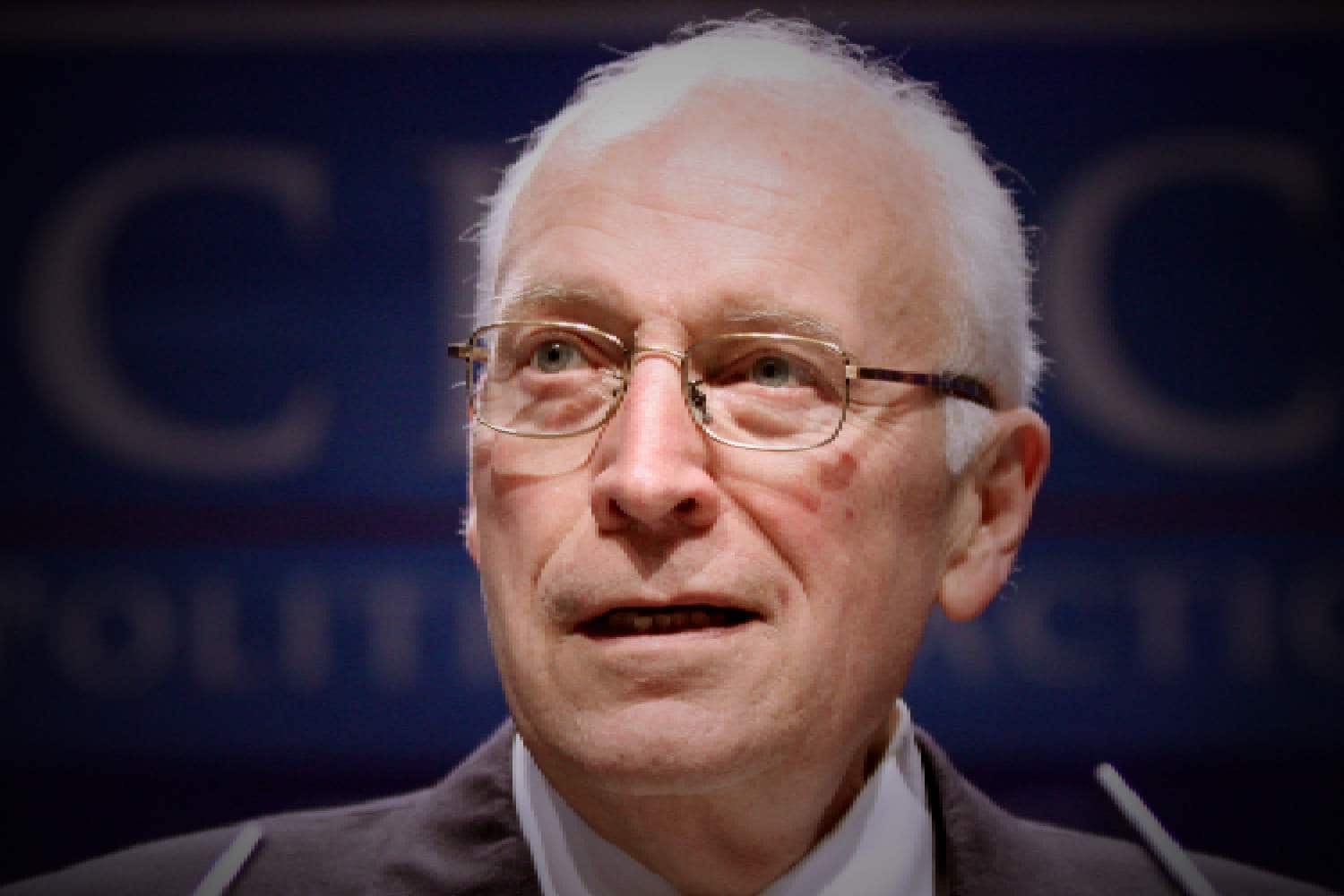The United States is reflecting on the legacy of Dick Cheney, the former vice president who wielded extraordinary influence during the George W Bush administration and helped define an era of aggressive foreign policy.
Cheney died on Monday night from complications related to pneumonia and heart disease, his family confirmed. He was 84.
“For decades, Dick Cheney served our nation, including as White House Chief of Staff, Wyoming’s Congressman, Secretary of Defense, and Vice President of the United States,” his family said in a statement.
“Dick Cheney was a great and good man who taught his children and grandchildren to love our country and to live lives of courage, honor, love, kindness, and fly fishing”.
Born in Lincoln, Nebraska, and raised in Wyoming, Cheney rose through Washington’s political ranks to become one of the most consequential power players in US history.
He served as defence secretary under George H. W. Bush during the 1991 Gulf War and later as vice president from 2001 to 2009 under George W. Bush. His tenure transformed the traditionally ceremonial role of vice president into a powerful policymaking position.
Cheney was known for his firm belief in expanding presidential authority and his unrelenting stance on national security.
After the September 11 attacks, he became the chief architect of the “War on Terror,” pushing for policies that included the invasion of Iraq, the use of enhanced interrogation methods, and secret surveillance programs.
He consistently defended these actions, arguing that they were necessary to protect Americans from further attacks.
Critics, however, viewed Cheney as a symbol of overreach and secrecy. His insistence that Iraq had weapons of mass destruction, which later proved false, drew lasting condemnation and became a defining controversy of his legacy.
“He was wrong on point after point in the Iraq War, without ever losing the conviction that he was right,” the Associated Press reported.
Cheney’s influence waned in the later years of the Bush presidency, as courts and political realities checked some of the policies he had championed.
Nonetheless, his impact endured. Supporters saw him as a patriot who made hard decisions in difficult times. Detractors saw him as the face of a dark era in US foreign policy.
Even after leaving office, Cheney remained politically active and outspoken. He criticised former President Donald Trump, calling him “a greater threat to our republic than any other individual in our nation’s history.”
In 2024, he broke party lines to support Democrat Kamala Harris for president, a move that stunned conservatives.
A survivor of five heart attacks, Cheney underwent a heart transplant in 2012 and often said he woke up each morning “thankful for the gift of another day.
Despite his health struggles, he remained active in Republican politics and appeared at conservative conferences well into his 80s.
Cheney is survived by his wife, Lynne, and their two daughters, Liz and Mary. Liz Cheney, a former US congresswoman, has carried on her father’s combative political spirit, often clashing with her party over the direction of American conservatism.
Here are some of the social media reactions to Cheney’s death:
